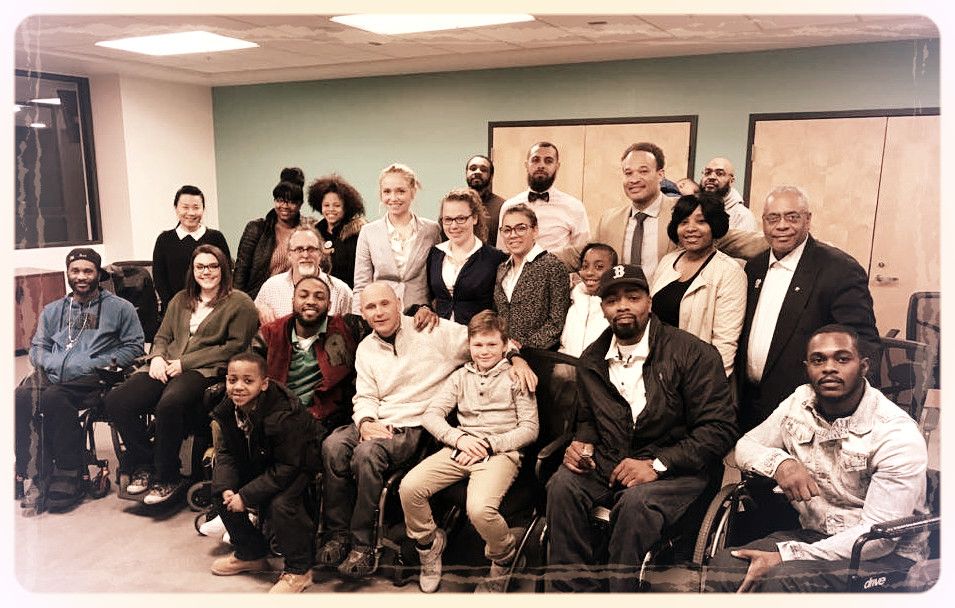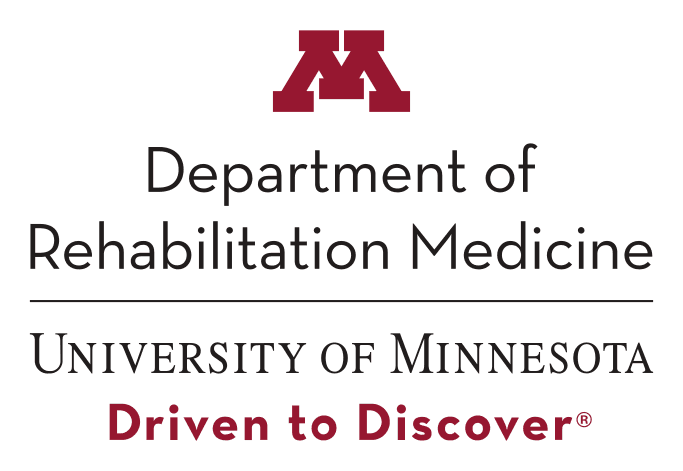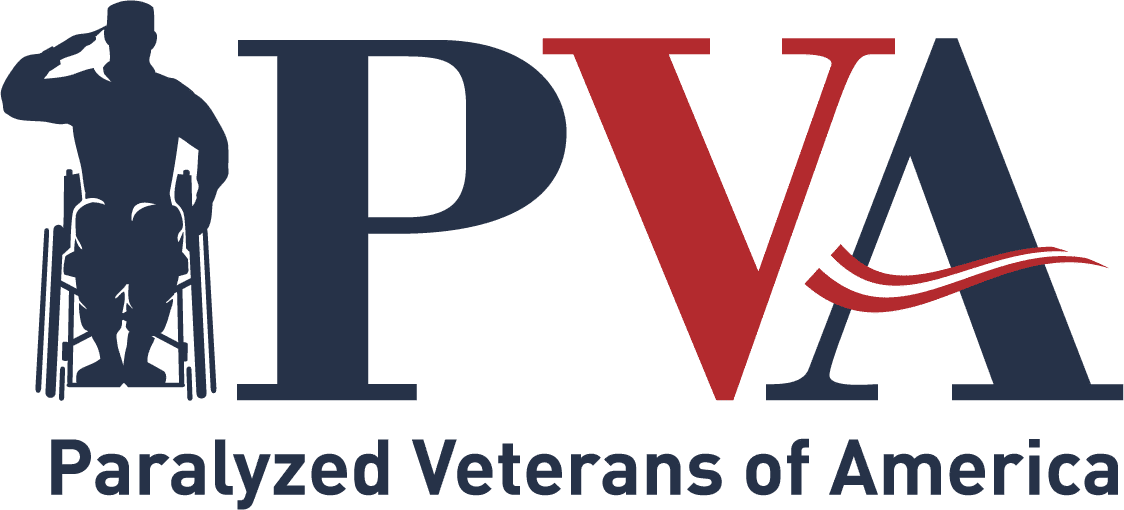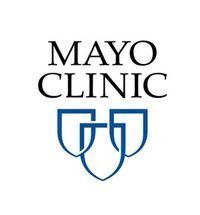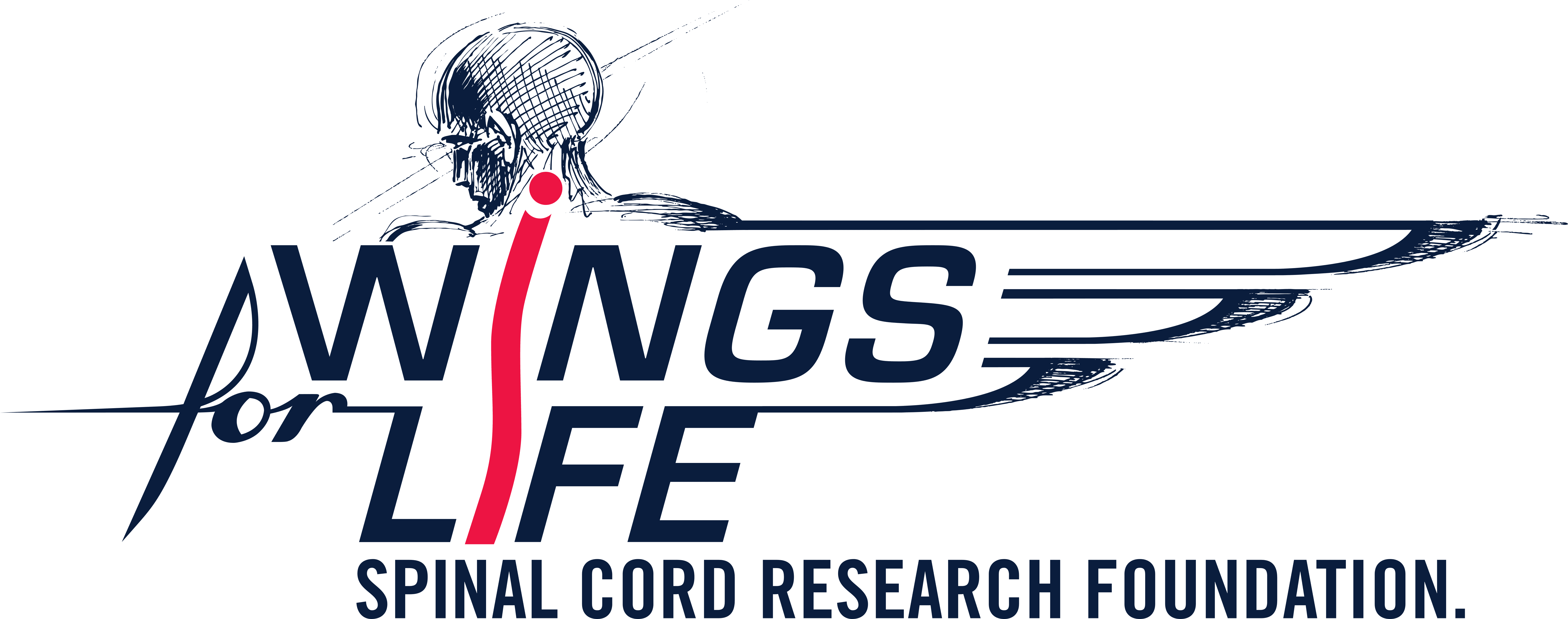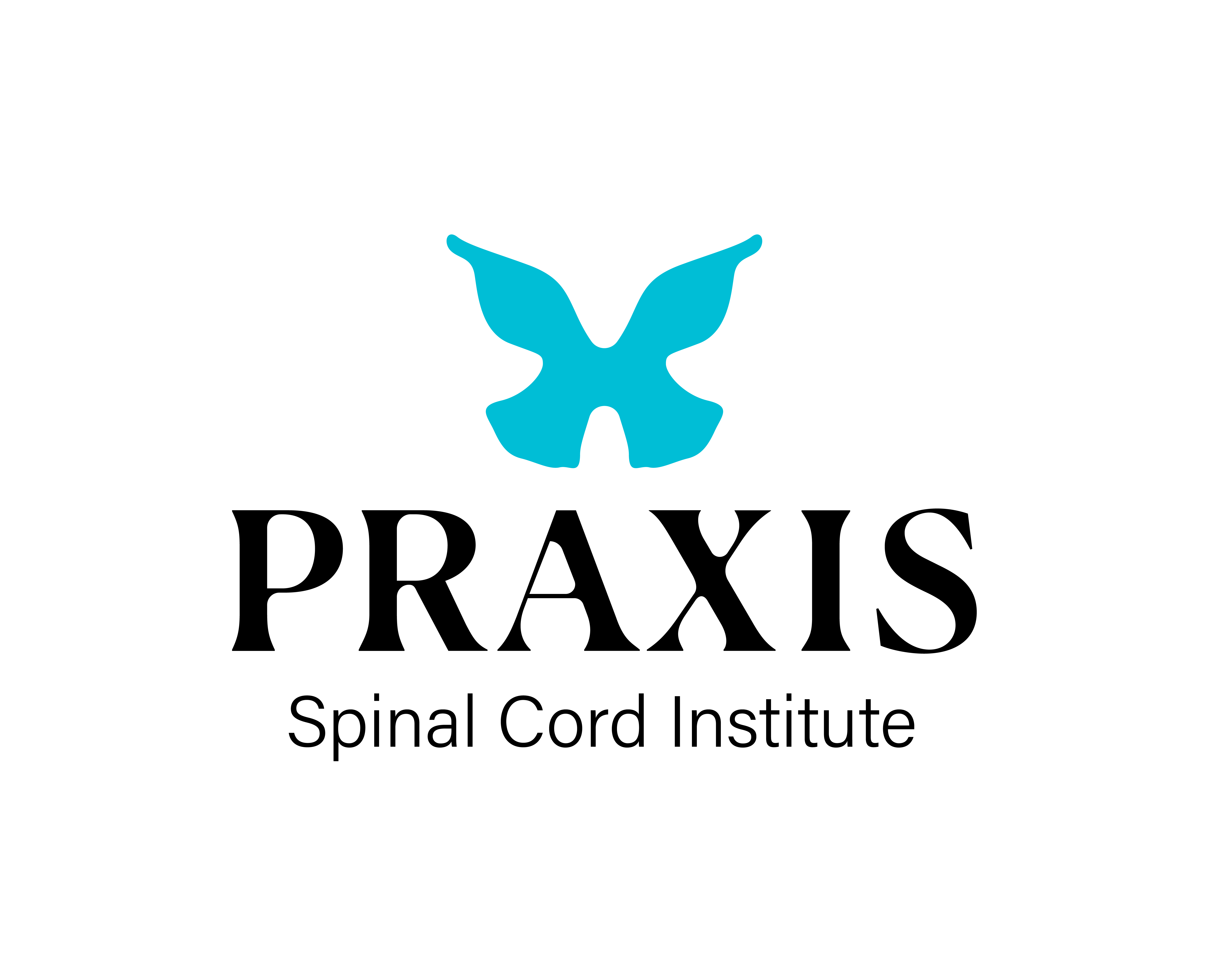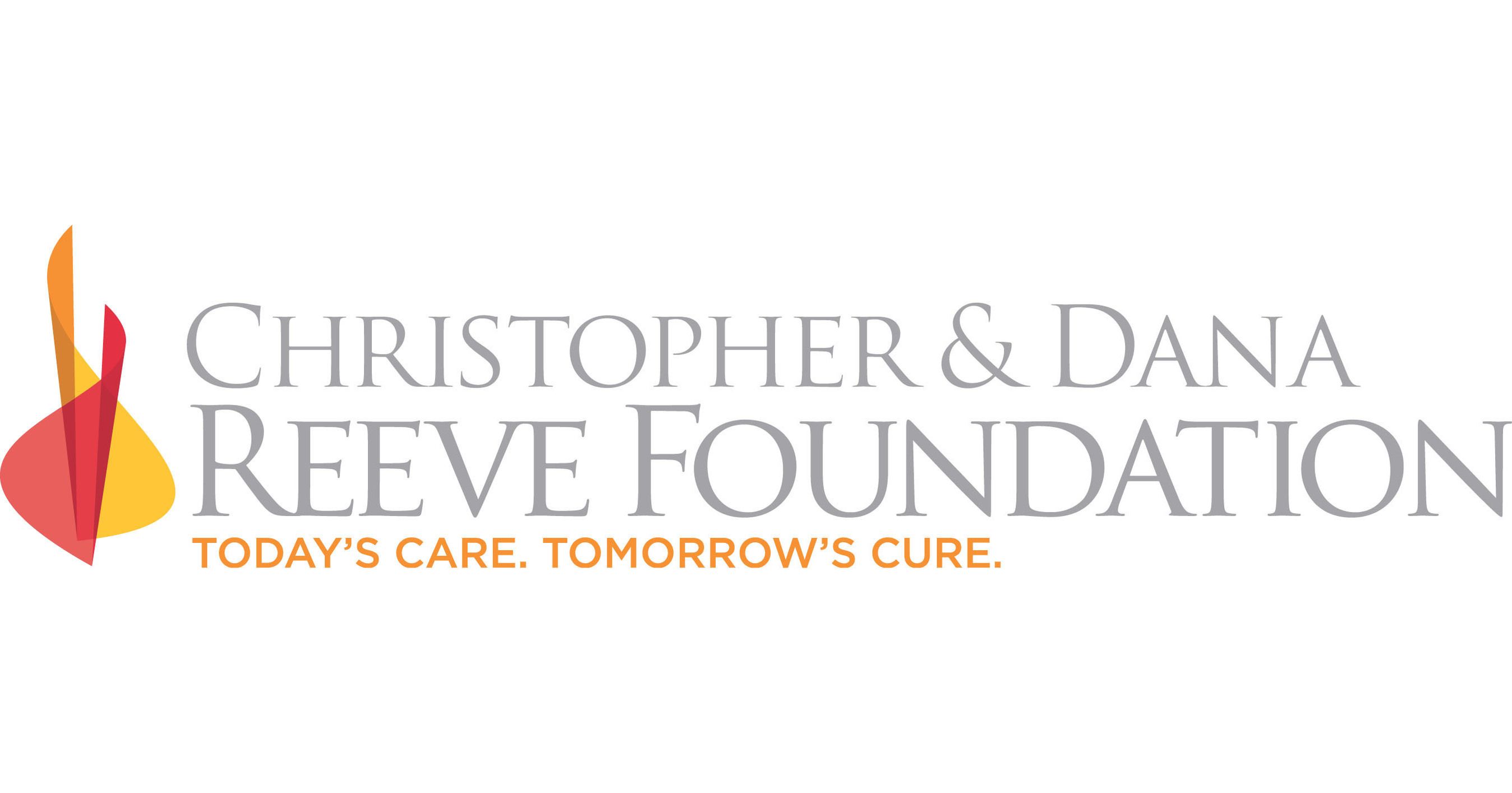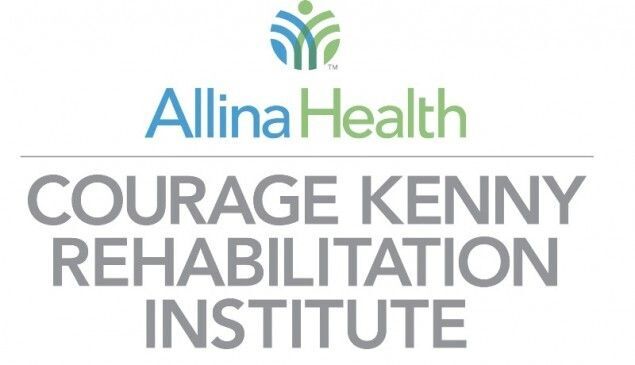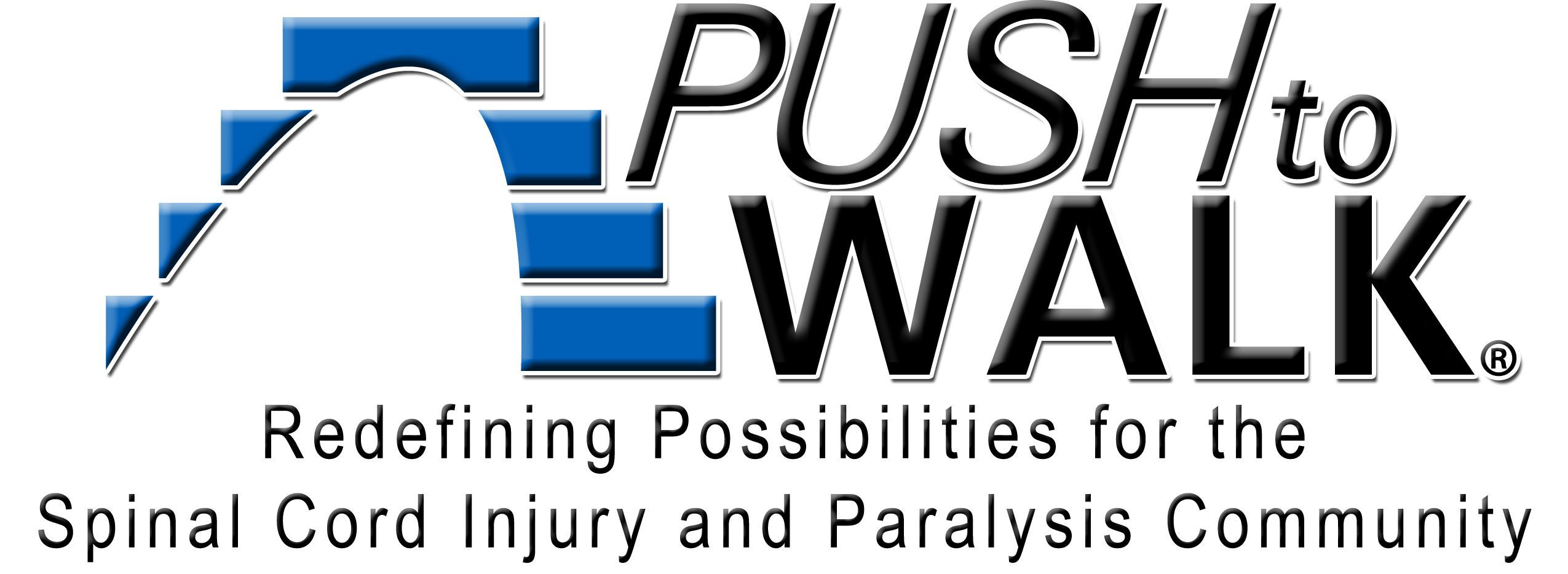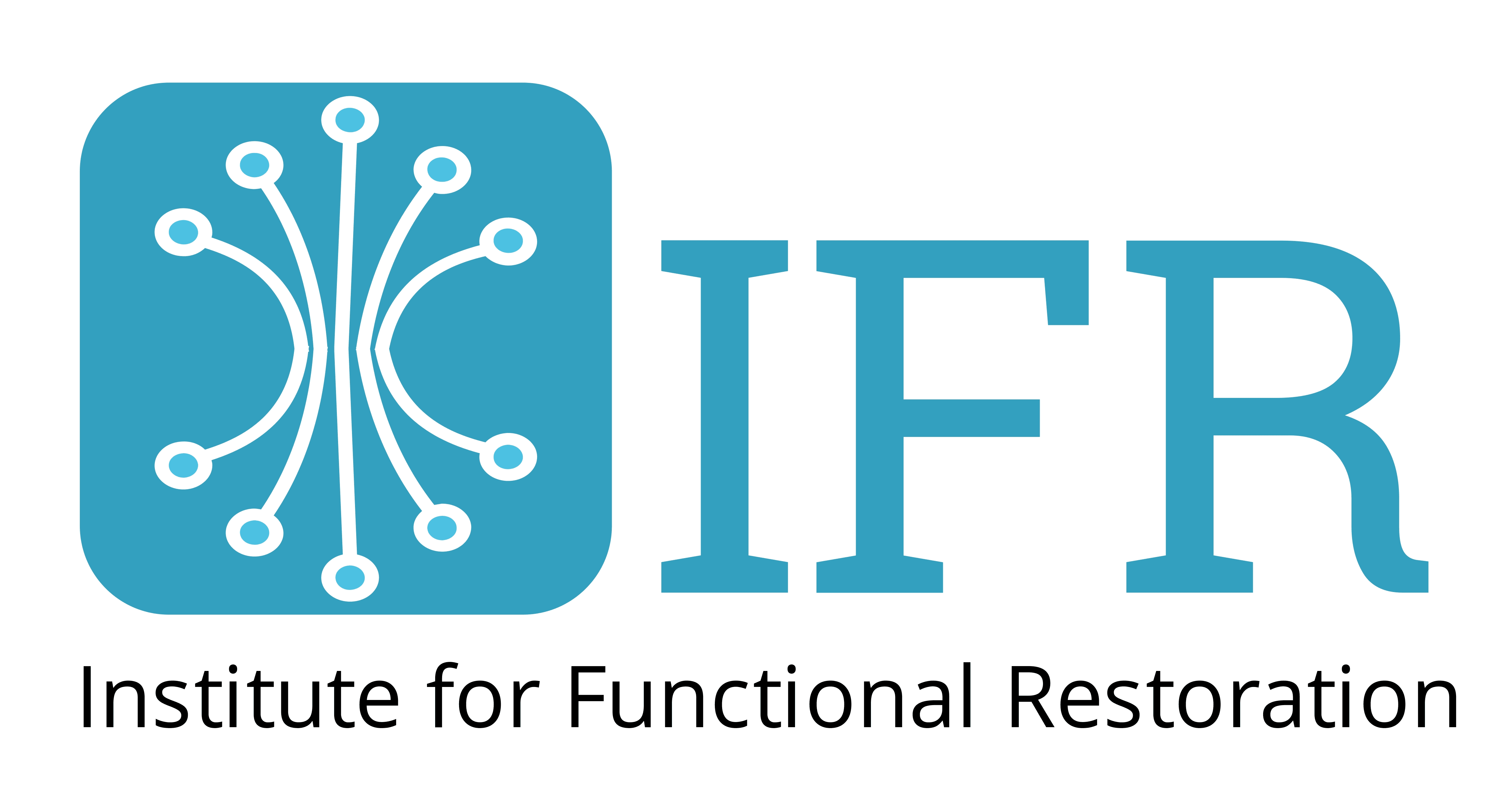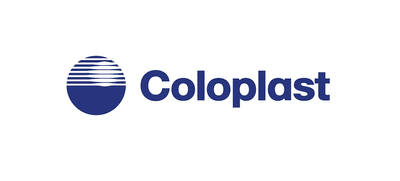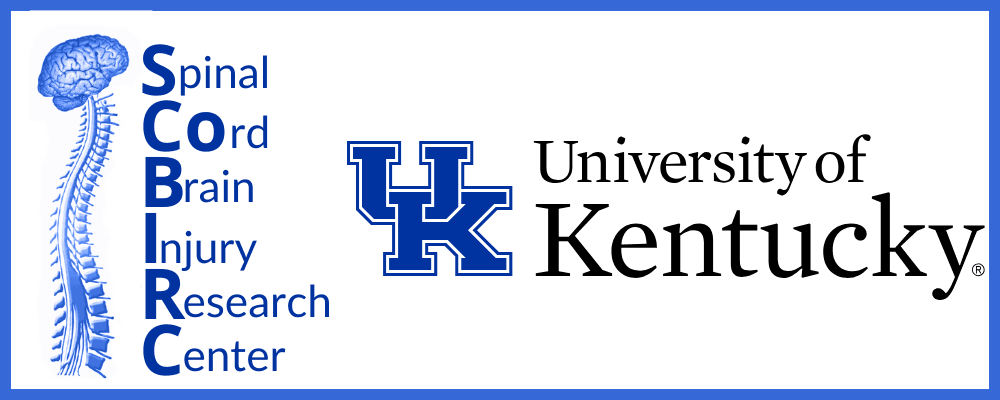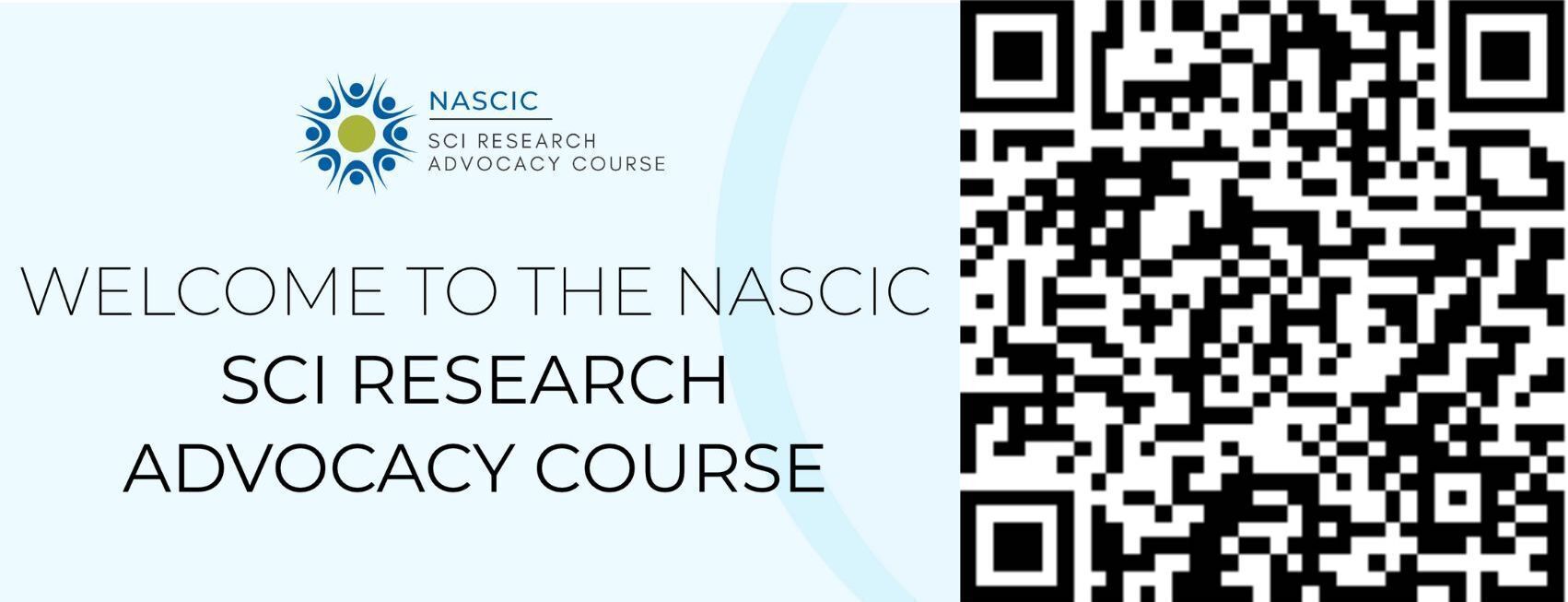
After a spinal cord injury, I don’t think that anyone can argue with the fact that most people, including family and friends, feel a sense of loss. When we say the word loss, we imply a negative feeling. When one has a spinal cord injury many feel that they have been suddenly robbed of their physical abilities and in many cases their independence. This sense of loss can lead to poor mental health, specifically feeling desperation and outright depression.
As part of the journey that one goes through with a spinal cord injury most people go through a form of rebuilding. This starts with rehabilitation, but more importantly it is the need to carve out a life of a new normal. One of the best ways to free ourselves from all the negativity that goes with a spinal cord injury is to feel empowered. The one true tool that has proven to aid people in this journey of empowerment is knowledge. Empowerment through knowledge equips a person to discover programs and resources that have been created by peers and experts that will help provide options, which in many cases can make life easier. Empowerment through knowledge can naturally lead to one’s ability to advocate for themselves or for others in our community. Knowledge = power.
SCI research can be defined not only as curative/neuroscience but also quality of life focused. What’s important for us all to know is that if we are to advance our quality of life and discover therapies that can provide restorative effects, we as people with spinal cord injuries need to be directly involved in all aspects of research. We will need to advocate to make sure that the priorities and the interests of our community are guiding all aspects of research that would affect us. It’s one thing to advocate for a “seat at the table” but another to show up. We have discovered that our community needs to build its capacity to become active agents of change in all aspects of research.
The North American Spinal Cord Injury Consortium (NASCIC) has developed a free online course to increase knowledge of the research process. This is so that individuals with SCI and caregivers feel prepared to serve as research advocates and that SCI researchers and healthcare providers are better able to effectively partner with the SCI community.
NASCIC identified that an opportunity existed within the field of spinal cord injury research to accumulate and present information and resources necessary to understand the complexities of an SCI. With the oversight of a committee comprised of people with lived experience and input from leading clinicians and researchers, NASCIC developed a comprehensive twelve module course designed to prepare individuals living with SCI to serve as advocates/advisors in all aspects of the research, care and policy process. This information is condensed and presented in video form with additional supplementary material. The topics of each module are:
Module 1 - Introduction to Research Advocacy
Module 2 - Understanding the Research Process and R&D Decision-Makers
Module 3 - Addressing Historical Challenges for SCI Studies
Module 4 - SCI Biology Part I
Module 5 - SCI Biology Part II – Aging with a Spinal Cord Injury
Module 6 - Neuroprotection (Acute application)
Module 7 - Regeneration (Neurorepair)
Module 8 - Cell Replacement (Neuroreplacement)
Module 9 - Neuroplasticity
Module 10 - Quality of Life
Module 11 - SCI 101 for Researchers
Module 12 - Getting Started!
The goal of the course is to empower people with lived experience to serve as advisors at every stage and type of research. In this way we aim to have a meaningful impact on research, care, and policy by including the perspective of people with lived experience to help the research community conduct the most relevant, beneficial, and informed work possible.
Registration for the course is free for everyone. Scan the QR Code above to get started!
In conclusion, for many the best therapy for feeling distraught and helpless is to be provided with the tools which will encourage confidence and purpose. To me the best tool is knowledge. Knowledge allows an individual to know their surroundings and its context to equip them to feel empowered. If anything, empowerment will help an individual become a self advocate, who can better navigate through this new normal after a spinal cord injury. In many cases empowerment also leads to people advocating not only for themselves but for those who have had a spinal cord injury before, around and after them.
Nobody said life after having an SCI would be easy, yet the reality is that all of us have an instinctive drive to live life and pursue happiness. Many people I have met are “untapped or undiscovered superheroes” who just need the tools and the nudge to feel empowered so they can take control of their lives. The NASCIC SCI Resource Advocacy Course is a tool. You can use it or not, that's up to you.
For more information please feel free to contact me at bmunro@csro.com.

